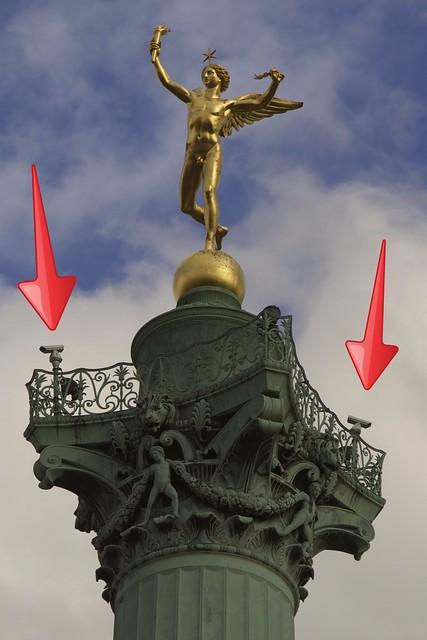☞
When Julian Huppert MP (Lib-Dem) asked the Home Secretary Theresa May MP (Con) if banning encryption – as the Prime Minister had been interpreted as saying – is “genuinely what the Home Secretary wants to do?”, she evaded him with her answer.
I remain convinced her and the Cabinet’s position on encryption is based on a non-technical misinterpretation of detailed advice from within the Home Office. Her response, and other responses by her colleagues and by the US government, imply that the security officialdom of the US & UK believes it can resurrect “golden key” encryption where government agencies have a privileged back door into encryption schemes. That’s what’s encoded in her replies as “there should be no safe spaces for terrorists to communicate.” Think “Clipper chip“. As Ryan Paul comments,
https://twitter.com/segphault/status/556926802883772419
More telling though is the insecurity the Conservative Party exhibits on the subject. Unwilling to discuss the matter in a balanced way, party mouthpiece Julian Smith MP descends to ad hominem against deputy Prime Minister Nick Clegg MP (LD), in the process also exhibiting the hypocrisy of the unconvinced apologist. Sadly Mrs May rewards rather than rejects his question.
In a sequence of questions and answers in the same debate – which cannot conceivably have been unplanned – Conservatives ask party-political questions of the Home Secretary, to which she responds with unashamed electioneering. When this tactic is used – accusing an opponent of a fault you exhibit yourself far more than they do – it is always an attempt to conceal your own lack of validity.
Clegg’s crime was to assert that freedom and security are not inherently incompatible:
“I want to keep us safe. It’s ludicrous this idea that people who care about our freedom don’t care about our safety.
“What I will not do, because it is not proven, is say that every single man, woman and child should have data about what they get up to online kept for a year.”
For Conservative MPs to call that “disgraceful” is extremely revealing, both of their lack of comprehension of the issues and the cynicism with which they intend to manipulate the misapprehensions of Middle England for electoral gain. I’ve met no-one who seriously asserts the security services should be unable to secure warranted access to specific communications of those suspected of a crime. That capability is obviously justifiable in a democracy.
But the Communications Data Bill and proposals for “golden keys” go much further than is reasonable and balanced. What defenders of freedom seek is not insecurity; we instead seek transparency, accountability and proportionality, all in a form open to any citizen to scrutinise and challenge.
When Mrs May (and Labour’s Jack Straw MP, and others) refuse that democratic oversight and accuse its proponents of partisanship and irresponsible disregard of security, their own ad hominems and party partisanship reinforce the case rather than diminish it. It’s time for an adult debate informed by technological realities, instead of this opportunism and electioneering.
Filed under: Privacy, Security, Surveillance | Tagged: Crypto-Wars, Encryption | Comments Off on Legislating For Unicorns








